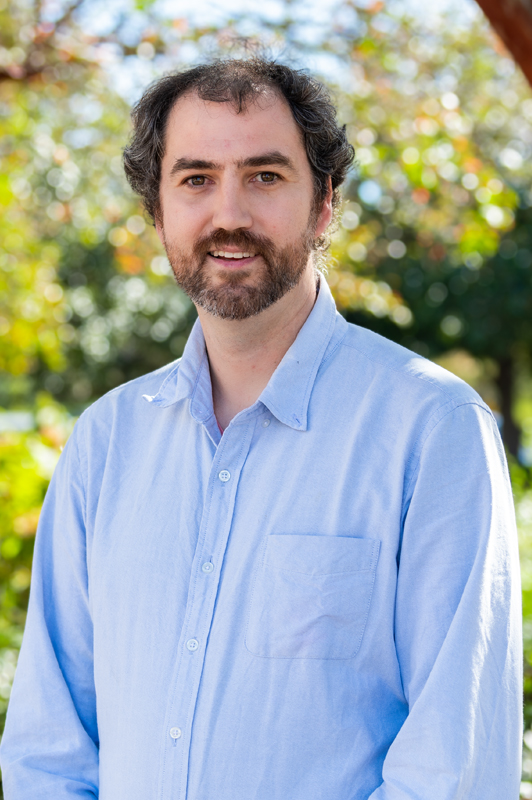
Bryan Beckingham
Chemical Engineering
Director, Center for Polymers and Advanced Composites
Graduate Program Officer (GPO) (PFEN)
Uthlaut Family Professor
Education
Ph.D. Chemical and Materials Engineering, Princeton University
M.S. Chemical Engineering, Princeton University
B.S. Chemical Engineering, Clarkson University
Research Interests
Polymer synthesis, characterization and physicsSelf-assembly of hierarchical soft matter
Semiconducting polymers
Polymeric membranes
In situ reaction kinetics and transport monitoring

